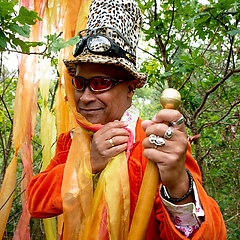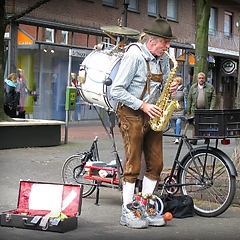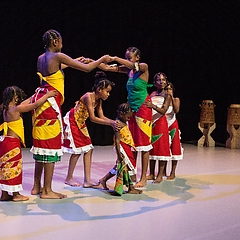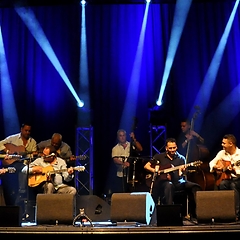To tell stories, a storyteller first looks for a story, from literature or the oral tradition (fairy tales, myths, sagas, legends). However, stories can also be found by listening to other storytellers, reading a lot, writing from your own imagination and in your own life.
With existing stories, a storyteller will edit the story and sometimes thoroughly rewrite it. A storyteller will then make the story his own. He rehearses the story with or without feedback from listeners, fellow storytellers, a coach or a director.
In storytelling, emotion, imagination, senses, fantasy/creativity and experimentation are of great importance.
In storytelling, inner images are created in the listener's imagination and open and direct two-way communication takes place between the storyteller and the audience. Storytelling enables interaction between those present.
The storyteller goes to his audience with his story. This can take place on different locations, such as (small) stages and theatres, libraries, schools, storytelling festivals, living rooms, Storytrails, etc.
Storytelling always happens in the moment, in the here and now. This means that if a storyteller tells a story more often, it does not always have to be with the same words.



